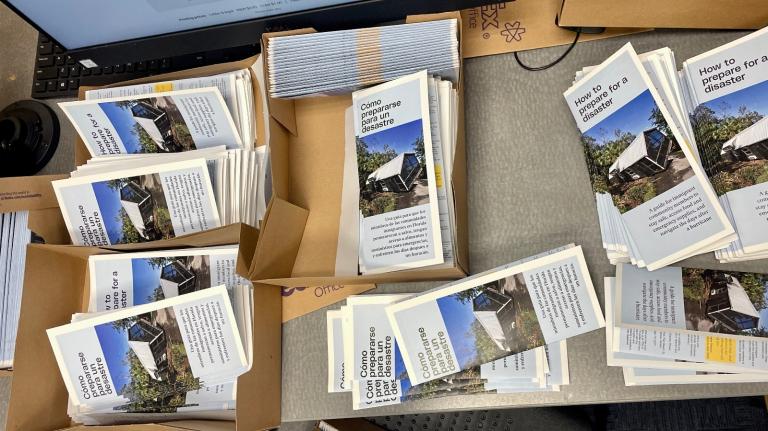It’s Thursday, June 6, and Utah is getting a new clean energy project.
![]()
Ahh, Utah: land of canyons, Mormons, and … the world’s largest clean energy storage project? Governor Gary Herbert, a Republican, announced a new initiative last week that could result in a major piece of U.S. energy infrastructure.
The project aims to supply 150,000 households — around 21 percent of homes in the Beehive State — with power for a year. The Advanced Clean Energy Storage project will use a mix of developing technologies to create the energy and the state’s salt caverns to store it. We’re talking compressed energy storage, large-scale flow batteries, and solid oxide fuel cells.
Now you may be asking yourself, “A Republican governor working to create a clean energy utopia in a red state? What’s the catch?” Well, one of the technologies, renewable hydrogen, currently sources its power from natural gas . One of the companies involved, however, said it is working on moving towards renewable hydrogen powered by clean energy.
So take all of this with a tiny grain of salt (cavern).

The Smog
According to the United Nations, over 2 million people in Somalia are at risk of starvation by summer’s end due to a severe month-long drought. That’s out of a total population of 15 million. In past decades, droughts occurred roughly every half-dozen years, but residents now face a drought ever two to three years.
![]()
The U.S. is not on track to meet our Paris Agreement targets, but if we were it’d be very good news for those concerned about heat-related deaths. According to a new study, If temperatures are limited to a rise of 1.5 degrees Celsius over pre-industrial levels, the U.S. could avoid as many as 2,720 annual deaths in 15 cities during extreme heat events.
![]()
The Democratic National Committee rebuffed a request by Washington state governor Jay Inslee to have a climate change-themed debate leading up to the 2020 election. The committee defended its decision, saying it “will not be holding entire debates on a single issue area.” But that may mean the issue gets very little air time during the presidential debates: The total talk time over on climate change in 2016 clocked in at less than six minutes total.


